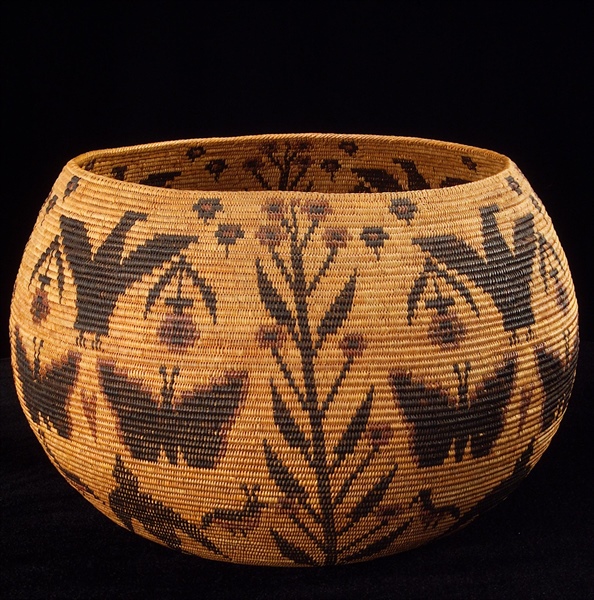This is the final posting in the series: Consortium Accreditation Standards. The next posts will be exploring Self Studies.
The Accreditation Standard 8 — Trainee Services focuses on ensuring that the trainee is fully embraced and supported as a highly qualified member of the professional healthcare community. All of which got me to thinking about community, belonging, and acceptance… Thinking about the positive impact of being welcomed and valued. Of course, Standard 8 also deals with other issues as well — providing professional resources (computing, health care, work environment, Human Resources, etc.), grievance processes, and trainee record maintenance.
I’d like to focus on how trainee services fosters a welcoming professional community for trainees. The Cherokee use a story about basket weaving as an analogy for the life cycle, specifically for the importance of mind/body awareness. In an interesting article from the American Indian Higher Education Consortium (AIHEC) about basket weaving, the interconnectedness of mind, body, and life is explored.
“Among the Cherokee, the making of a basket is a journey through which lessons are learned about life and spirit. The making of the basket begins by interweaving two pairs of thin honeysuckle vines into a square or cross; this forms the base of the basket. This squared cross symbolizes the four directions and the four elements of all Creation: The Great Spirit, mother earth and her gifts, animal life, and all humanity. On the journey of life, this represents the beginning of spiritual awareness. Additional pairs of vines are woven, and together with the original crossed sets of vines, they begin to form interwoven triangles that give shape to the basket. This interconnectedness symbolizes a deeper awareness—the working together of the Great Spirit with all humanity, the earth and animals. The basket maker continues, weaving in more vines to form a set of concentric circles. This represents an even higher level of spiritual awareness: the interconnection of all things with the Creator. We are all related and one with the Creator. As the basket maker continues weaving, the basket forms an inner wall interlaced with an outer wall. It is the tension between these two walls that gives strength to the basket. For the basket maker, this strength from the tension between the two walls also gives the basket its integrity—for a strong basket is a useful basket.”
I love the idea of weaving a basket as a symbol of the Cherokee’s journey through life. It is also an apt analogy for a trainee’s moving through a 1-year postgraduate training program and emerging as a confident professional with the well-honed attitudes, knowledge and skills necessary for success. Trainee services are an essential element in the ‘slath’ — the cross sticks the create the base of a basket. The strength and structure of the entire basket depends on carefully selecting the ‘sticks’ that go into the slath. They need to be straight, pliable, and the right length.
In the same way, trainee services need to be carefully considered – they need to be “straight, pliable and the right length”; well-defined yet accommodating the needs of the community. They need to ensure that trainees have access to professional tools and resources, as well as protocols for handling unexpected and difficult situations. Finally, trainee services need to be the right depth and duration to support the sets of triangles (specific knowledge, attitudes and skills) and concentric circles (integrated and coordinated sets of triangles) that comprise professional and personal growth and development.
Literally, baskets provide a structure for keeping objects safe and organized. Trainees are in very stressful situation. A critical role of trainee services is ensuring that the trainees have the needed resources in an environment that is a “safe-haven” for learning and for developing their cognitive and non-cognitive talents. Of course, as needed, there must be protocols for resolving differences and incompatibilities.
Such environments embrace the interconnectedness of evolving professional identities with each trainee’s unique personal attributes. As with the Cherokee baskets, the training program allows the growth of trainees’ professional strength by fostering the weaving together of the inner (personal) and the outer (professional), and balancing the tension between the two.
In parting, I’d like to share this quote from William Arthur Ward, an American author, speaker, pastor and teacher:
“Do more than belong: participate. Do more than care: help. Do more than believe: practice. Do more than be fair: be kind. Do more than forgive: forget. Do more than dream: work.”
This wraps up the Accreditation Standards series. I hope that you will join me for the next series, Exploring the Self Study Process.
Until then, wishing you peace and health,
Candice


